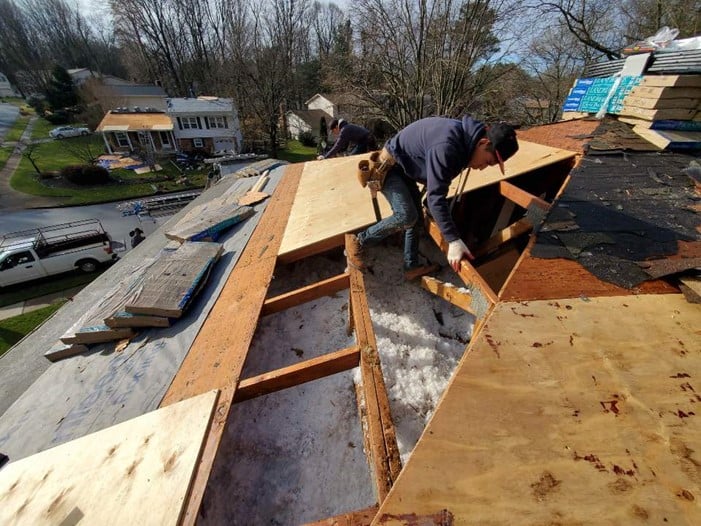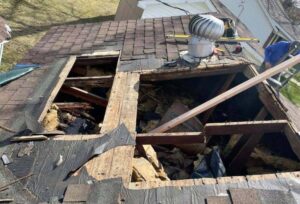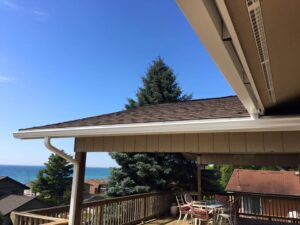What Roof Plywood Thickness is Right for Your Home?
Roof plywood is an important part of any roofing system. It helps to protect the roof decking from the weather and also adds insulation. But what roof plywood thickness should you use for your home? Read on to find out!

There are a few things to consider when choosing the thickness of roof plywood for your home. The first is the climate. If you live in an area with severe weather conditions, you’ll need a thicker plywood to withstand the elements. The second is the type of roofing system you have. Some systems require a thicker plywood than others. And finally, you’ll need to consider the weight of the plywood. Heavier plywoods will be more durable, but they can also be more difficult to install.
When it comes to climate, areas with severe weather conditions will require a thicker plywood. This is because the thicker plywood will be better able to withstand high winds and heavy rains. If you live in an area with mild weather conditions, you can use a thinner plywood.
The type of roofing system you have will also affect the thickness of the plywood you need. Some systems, such as standing seam roofs, require a thicker plywood to provide more support. Other systems, such as tile roofs, don’t require as much support and can use a thinner plywood.
Finally, you’ll need to consider the weight of the plywood. Heavier plywoods are more durable, but they can also be more difficult to install. If you’re unsure about which thickness to choose, it’s always best to consult with a professional roofer.
When it comes to choosing the right roof plywood thickness for your home, there are a few things to consider. But with a little bit of research, you’ll be able to find the perfect plywood for your needs.

There are a few different types of roofing systems, each with its own associated plywood thicknesses. Here are a few of the most common types of roofing systems and their associated plywood thicknesses:
- Standing seam roofs – For a standing seam roof, you will need to use at least 3/8″ thick plywood. This type of roof is very popular in commercial settings, but can also be used on homes. Standing seam roofs are long-lasting and durable, so using thicker plywood will help to extend the life of your roof.
- Asphalt shingle roofs – For an asphalt shingle roof, you can use either 3/8″ or 1/2″ thick plywood. Asphalt shingles are the most common type of roofing material for homes, and they are very durable. Using thicker plywood will add to the longevity of your roof.
- Metal roofs – Metal roofs are becoming more popular for both homes and businesses. For a metal roof, you will need to use at least 1/2″ thick plywood. Metal roofs are very durable, so using thicker plywood will help to extend the life of your roof.
- Tile roofs – Tile roofs are another option for both homes and businesses. For a tile roof, you will need to use at least 3/4″ thick plywood. Tile roofs are very durable, so using thicker plywood will help to extend the life of your roof.
- Wood shake roofs – Wood shake roofs are becoming more popular for homes. For a wood shake roof, you will need to use at least 1″ thick plywood. Wood shake roofs are very durable, so using thicker plywood will help to extend the life of your roof.
https://www.google.com/maps?cid=4642085964654768550







